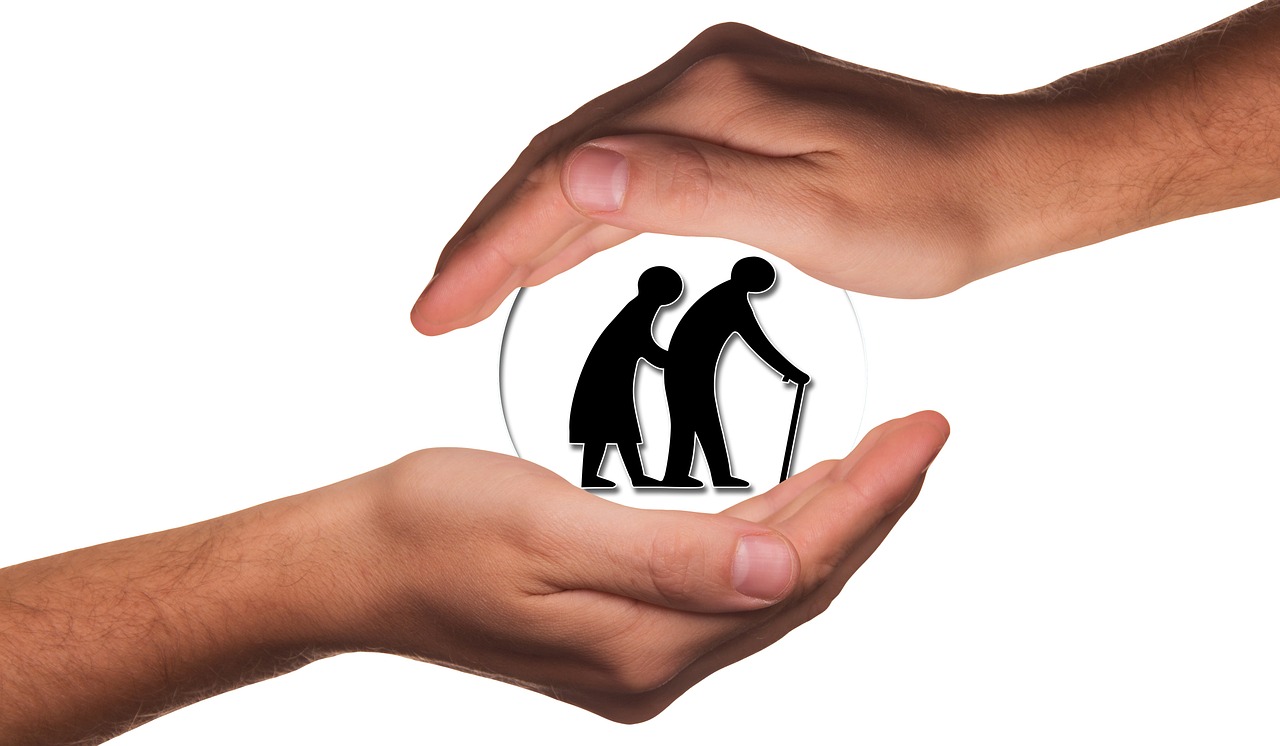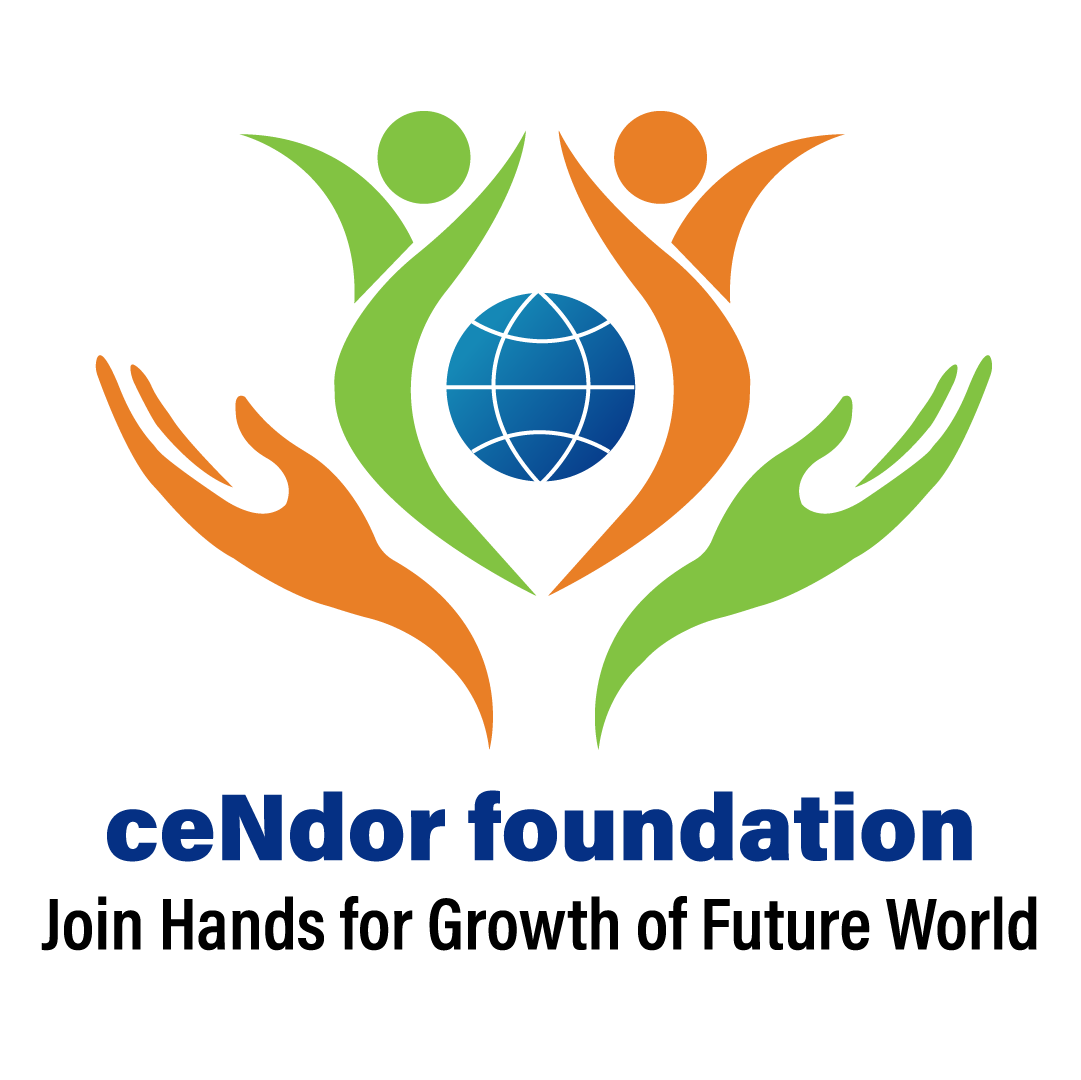How NGO Supports the Society Improvement

Introduction: NGOs are often viewed as better suited for the social problems they seek to solve because of their smaller bureaucratic apparatus, adaptability, and strategic alliances. In other words, NGOs can perform multiple roles in society and can act as alternative leadership, catalysts, opinion makers, and change agents. NGOs have not always been transparent, based on broad participation, or as objective observers of social problems despite their reputation. Too often, NGOs impose their interests over the general public’s views, and they conveniently forget the causes they are supposed to defend.
How NGO Supports?
To truly improve the lives of those living in low-income communities, NGOs must go beyond providing humanitarian aid. They must engage with the social causes of poverty and work with local MBOs to pursue mutual social justice and transformation goals. Moreover, NGOs must balance the needs of their various stakeholders with the demands of the state. But how can they accomplish this? There are many complexities involved. These include the role of the NGO in the economy, the need for accountability, and the need for transparency.
- NGOs are often involved in politics despite their reputation as grassroots democratizers of development. Increasingly, NGOs have been accused of practices that do not advance the improvement of society. Some NGOs falsely represent the poorest populations only for fund-raising purposes.
- Although NGOs are increasingly interested in changing society, they cannot influence social change. This is because their civil society roots are weak. While they can impact social change through their programs, their impact is often restricted. In some cases, however, this can be detrimental. And there is also the possibility that NGOs will lose their effectiveness and subsequently be replaced by other groups. They need to take advantage of the opportunities provided by the modern world.
- Today, NGOs are larger and more sophisticated, and they receive more foreign aid and other forms of development finance. Furthermore, NGOs are often under pressure from external sources to adopt their policies. In other cases, they are unwilling to work with the government because of the political implications of their actions. Therefore, it is essential to establish a clear and realistic relationship between NGOs and their local authorities.
- NGOs have traditionally collaborated with state and non-state actors. But they are also increasingly working with multinational corporations. Their collaboration may differ depending on the type of initiative and the available financial and human resources. The extent of cooperation may be as simple as partnering with a government agency or putting pressure on local authorities. The partnership’s goal is to promote good governance and improve social conditions, but the extent to which this collaboration is beneficial to society is crucial.
While these organizations do not provide direct services, they do contribute to the improvement of society as a whole. For example, NGOs can improve primary health care in rural areas. In addition to enhancing access to healthcare, NGOs also assist with improving infrastructure and housing. They can put pressure on local governments and help establish a stable economy in a country. They can do this by lobbying local officials, which allows the country to improve.

Healthcare:
In addition to improving infrastructure and services, NGOs can also improve a community’s health. The government has made an effort to improve access to healthcare, but many poor villages are still unable to get access. If this happens, the villagers will suffer the most.
Conclusion:
Often, governments favor members of their party. In the case of NGOs, this means they are more likely to help those in their party. In contrast, non-dominant parties can also benefit from improved public institutions. The broader population will benefit if these institutions are accessible to all groups. The role of NGOs is vital in improving the quality of life in a country.
